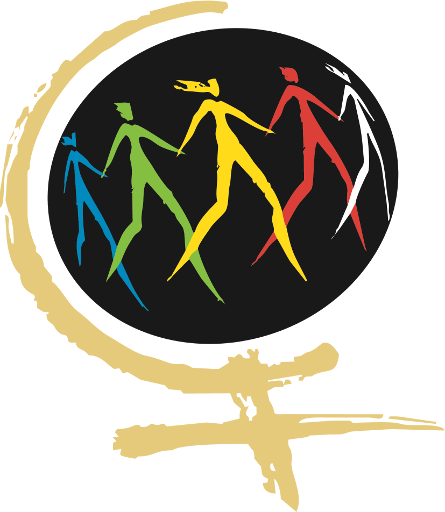
Click here to access the newsletter in English, Spanish, French and Portuguese.
The World March of Women of the Americas has considered getting its voice out through the writing and editing of this Bulletin of the Americas. This number includes the activities carried out by the national coordinations in the framework of the commemoration of March 8, International Day of Working Women
Women, union workers, and popular organizations have taken to the streets to protest in favor of an Assembly. Thousands of protestors have come together in various territories and regions of the country to demand a stop to the unusual violence unleashed by DINA BOLUARTE, who responded to the protests with insane repression and police willing to murder anyone who crosses their path.
We’re facing a rare wave of violence towards our fellow people. For over four months, we’ve listened to voices from countries throughout Americas calling for justice for crimes committed against defenseless people and in solidarity with those decrying the most elemental human rights abuses.
Our sisters, allied to this international organization, inform us daily of the suffering incurred by families that are victims of the repression and murders provoked during this period of social mobilizations that demand Boluarte’s exit. Our sisters from the WMW in Perú have actively supported the seize of Lima and the Four Quarters March by the thousands of citizens who have spilled onto the streets of Lima to protest with nobility and courage, asking for justice for the brothers and sisters murdered in the protests, demanding a stop to the massacre and the militarization of the territory as well as the immediate resignation of Boluarte and the Bureau of Congress.
The political powers that align themselves with fascist, neoliberal-capitalist, patriarchal, and racist practices are permanently combining forces to silence the voices of the peoples, seeking one way or another to squash the ideals of liberty and participatory democracy for those citizens who do not accept submission to a power imposed by force. Thus, we see that the Americas experience processes of ebb and flow, before which we must be under permanent alert to defend our political rights.
From these pages, we also send a most fervent message of solidarity to our sisters and colleagues in Turkey, hoping that the earthquake that battered their regions didn’t directly impact our activists and their families, wishing that the force of life overcomes the sorrow and helplessness that engulfs the families affected by the seism.
As these lines are composed, other women, in other continents, remind us of the conditions they experience under constant repression in occupied territories. These are the Saharan women, who commemorate their day on February 18.
To this day, the lives of the women and men who live in Occidental Sahara are marked by colonialism.
In 1975, after the retreat of Spain, Occidental Sahara was occupied by Morocco, and today it is the last colony in the African continent. For decades, the Saharan people have been reclaiming their self-determination and sovereignty over their territory, their culture, their production, and their ways of life. The Moroccan occupation in Occidental Sahara has serious daily impact: human rights violations, political persecution, violence, military control of their territory. Facing this reality, women play a fundamental role in the resistance within communities. The relationship between occupation and patriarchy manifests itself in the continuous operation and the violations of liberties, especially against Saharan women. Despite this persecution and the shameful practices of the occupation of the Moroccan state represented in the repression of liberties, violence, torture, rape, as well as kidnappings and random detainments and the even worse silence of the governments of the international community, the Saharan women in occupied territories resist peacefully and demand the right of the Saharan people to freedom and independence.
This February 18th, Day of the Saharan Woman, we send our deep admiration from the Americas, and we send a symbolic Pan-American hug expressing our repudiation to the practices of violence inflicted upon them. The women’s movements and the popular movements all over the world express on this day their solidarity with the struggle of the Saharan women, for freedom, autonomy of their people, and independence.
To finalize, we recognize the joy, strength, and vitality of the feminist organizations in the Americas who on this March 8, International Working Women’s Day, crowded the streets in their cities, united by class, a recognition of the diversity of feminisms, as Black, indigenous, and rural peoples. We hope, dear sisters and colleagues, that this newsletter nourishes us with hope for the unfolding of 2023.
